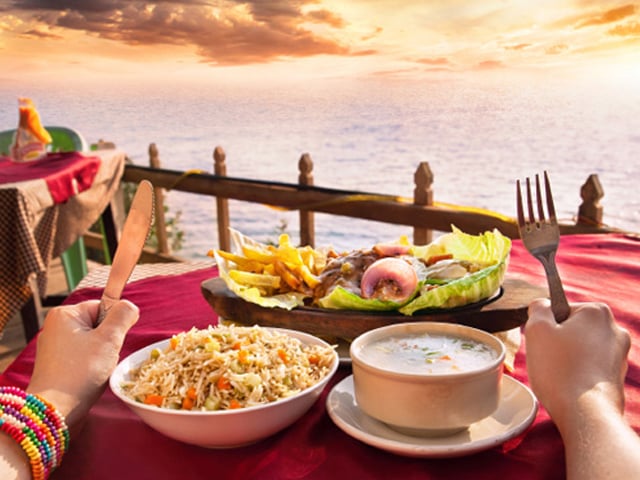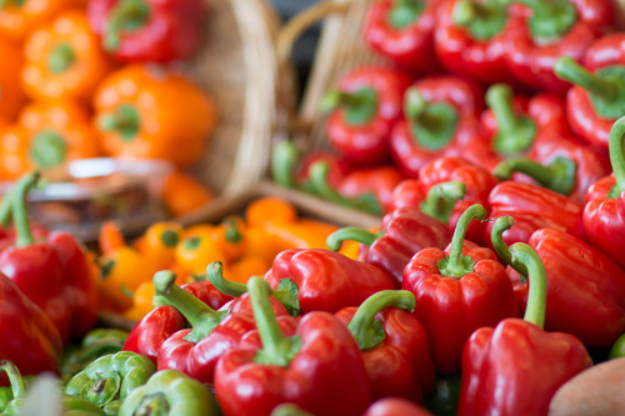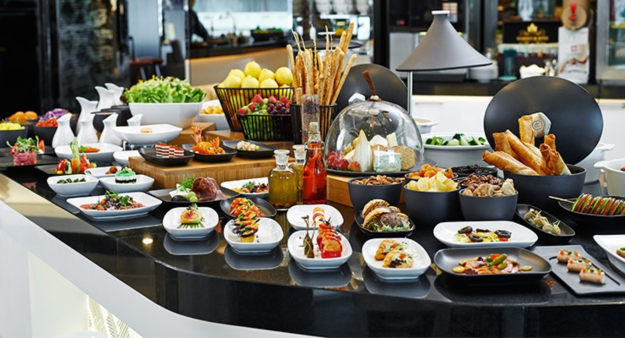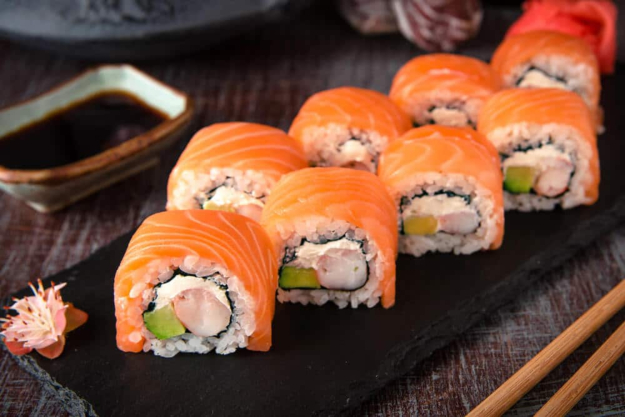
1. Tap water
 PHOTO: THAILAND PROPERTY
PHOTO: THAILAND PROPERTYThis is the most important of them all! Many would assume that water is merely water all across the globe. However, it can potentially consist of microorganisms that are foreign to your gastrointestinal tract - especially if you're visiting a developing country. There's a huge risk of water contamination in Latin America, Middle East, Asia and Africa as it can contain bacteria and parasites. Assistant professor at the Tuoro College of Osteopathic Medicine Niket Sonpal said, "When traveling to regions of the world that are new to your gut, it’s best to stick with bottled water and filtered water." This also means that you should use bottled water to brush your teeth. But be careful where you buy water from because some vendors tend to sell tap water in bottles enclosed with fake seals.
2. Raw produce
 PHOTO: CITY MARKET NW
PHOTO: CITY MARKET NWIn countries where the local water is not safe for drinking, avoid all fruits and vegetables that don't have a thick peel. Opt for cooked fruits and vegetables instead of salads or salsas. "While you're rushing to the nearest bathroom curse the veggies instead of the hot dog or sea food you ate," explains Sonpal.
3. Unpasteurised dairy
 PHOTO: FOOD SAFETY NEWS
PHOTO: FOOD SAFETY NEWSDuring your travel, you might be tempted to stop by at a farmers' market and buy some milk or cheese for yourself. However, it's best to stay away from them especially if you are a child, pregnant or have a weak immune system. Registered dietitian Toby Amidor said, "Unpasteurised cheese has been associated with pathogenic microorganisms like Listeria monocytogenes." Listeriosis is a serious infection that effects over 1600 people a year and can be fatal.
4. Buffet food
 PHOTO: REVOL PORCELAINE
PHOTO: REVOL PORCELAINEBuffets are like an illness fest. It's best to avoid one if you are not sure of its safety. Internal medicine physician Nesochi Okeke Igbokwe revealed, "You should definitely be wary of dishes that are part of a buffet spread that has been sitting out for a questionable length of time at unsuitable temperatures." While hot food kills diarrhea-causing germs, making it sit warm at room temperature can cause recontamination.
5. Sushi
 PHOTO: GETFISH
PHOTO: GETFISHIt's a gamble to consume raw animals in foreign countries. Nutrition professor at Boston University Joan Salge Blake explained, "Avoid consuming uncooked meat, seafood, and poultry - all of which are grounds for foodborne pathogens. Wait until you get home to eat the sushi, unless you are confident that the preparation abides by food safety regulations." The Journal of Travel Medicine also informed that when it comes to raw fish, eating it in South East Asia can cause infections.
Have something to add to the story? Share in the comments below.






1732705114-0/Untitled-design-(7)1732705114-0-270x192.webp)

1732687571-0/Untitled-design-(2)1732687571-0-270x192.webp)








COMMENTS (1)
Comments are moderated and generally will be posted if they are on-topic and not abusive.
For more information, please see our Comments FAQ